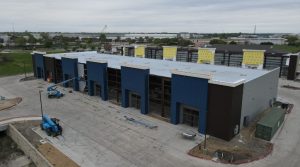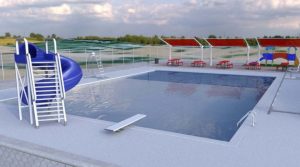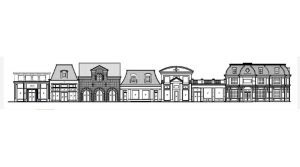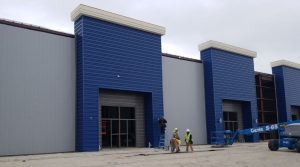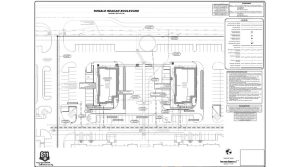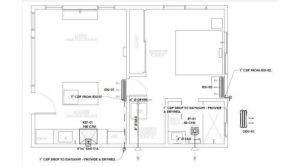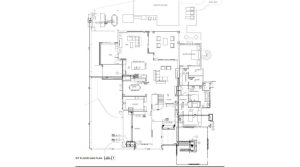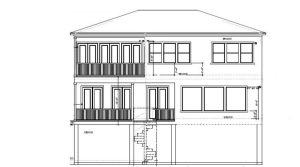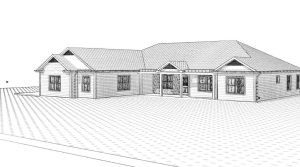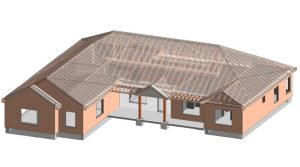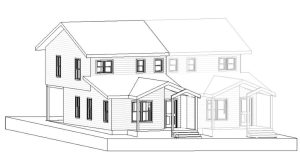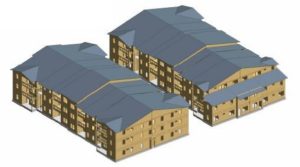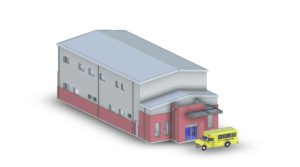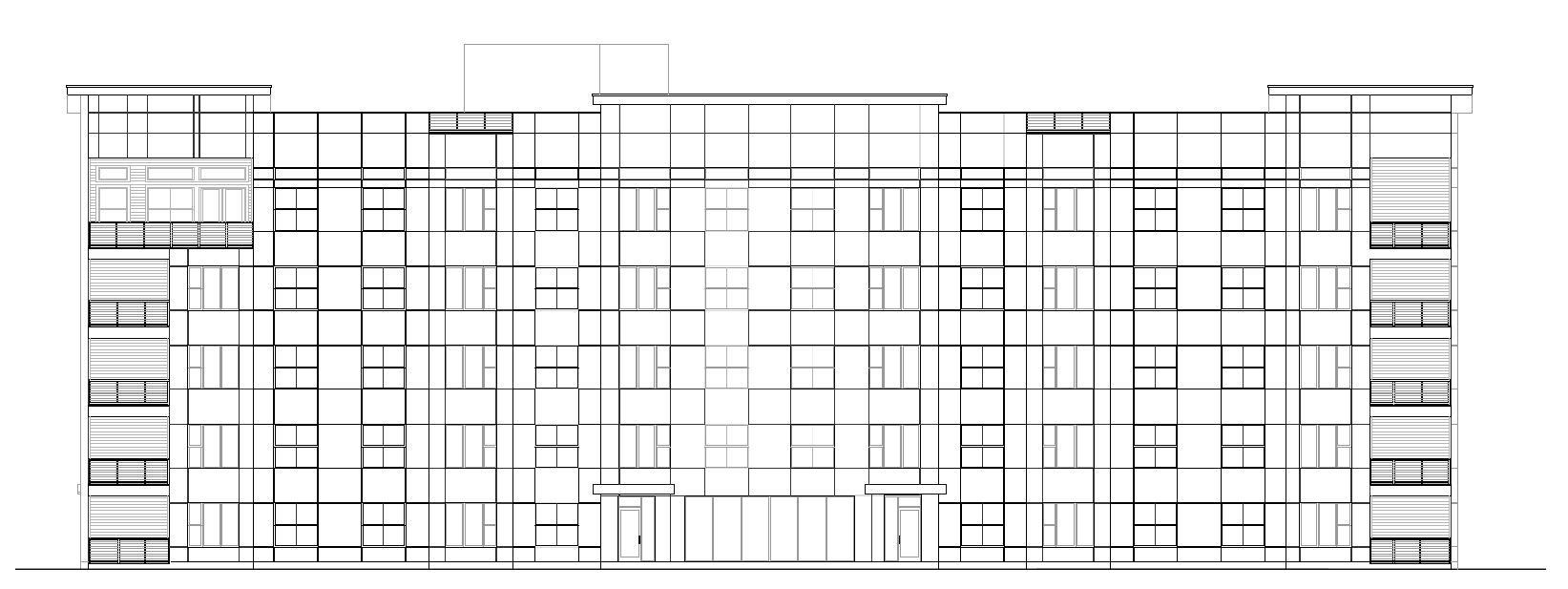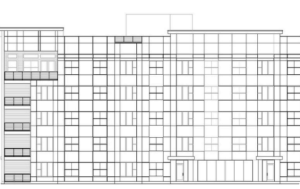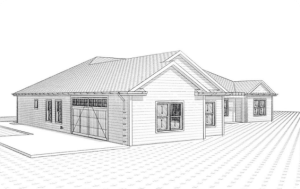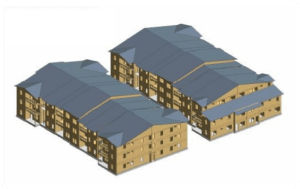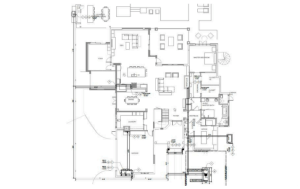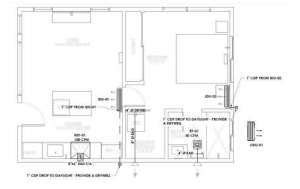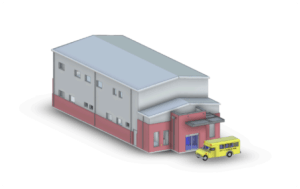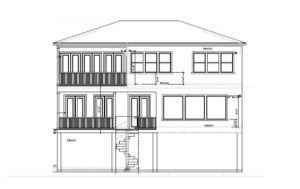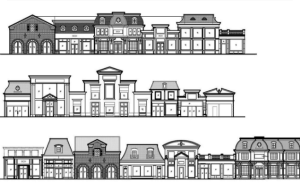Indoor Environmental Quality and MEP Design in Florida’s Office Buildings
Introduction
It cannot be denied that Indoor Environmental Quality (IEQ) and MEP Design in Florida’s Office Buildings have a big role to play in both worker health and productivity. Mechanical, Electrical, and Plumbing (MEP) systems in Florida help maintain the right climate while controlling indoor air quality and energy consumption, ultimately reducing costs. In conclusion, efficient performance leads to happy and healthy employees.
Key Factors in Indoor Environmental Quality and MEP Design
Optimizing HVAC Systems for Better Air Quality
The basic HVAC system design improvement that is needed for indoor air dilution in Florida’s office buildings is lacking. Poor ventilation leads to pollutant accumulation, creating uncomfortable conditions. To optimize system performance, consider the following best practices:
- Use high-efficiency air filters to ensure efficient air filtration and a pollutant-free indoor environment.
- Integrate dehumidification systems into HVAC units to regulate humidity levels and improve air quality.
- Design proper ventilation systems to enhance fresh air intake and reduce indoor pollutants.
Enhancing Workspaces with Effective Lighting Design
Proper lighting is essential for employee productivity and well-being. A well-lit, energy-efficient workspace can be created by incorporating these strategies:
- Maximize natural daylight to enhance mood and reduce electricity consumption.
- Use LED lighting for better efficiency and lower energy use.
- Implement automated lighting controls that adjust brightness based on occupancy and daylight levels.
Sustainable Solutions for Indoor Environmental Quality
Improving Water Efficiency in Plumbing Systems
Water-saving plumbing designs significantly reduce water consumption and operational costs. Effective strategies include:
- Install low-flow fixtures to prevent excessive water usage.
- Utilize greywater recycling systems for non-potable applications like irrigation and flushing.
- Incorporate sensor-based faucets to minimize water waste.
Implementing Energy-Efficient Electrical Systems
Reducing energy consumption benefits both the environment and business expenses. To achieve energy efficiency, consider:
- Smart building automation to optimize energy use in real-time.
- Motion sensors to control lighting and HVAC based on occupancy.
- Renewable energy sources such as solar power to reduce reliance on traditional energy grids.
Ensuring Compliance with Florida Building Standards
Florida’s building codes and energy regulations significantly influence MEP design. To ensure compliance, businesses should:
- Meet Florida Energy Conservation Code (FECC) requirements for enhanced energy efficiency.
- Follow ASHRAE standards to improve indoor air quality and HVAC performance.
- Obtain LEED certification to enhance sustainability and marketability.
Conclusion
To sum it all up, Indoor Environmental Quality and MEP Design in Florida’s Office Buildings focus on well-being, comfort, and energy efficiency. By improving HVAC systems, lighting, plumbing efficiency, and electrical sustainability, businesses create optimal workplaces. Furthermore, adhering to Florida’s building standards ensures compliance and long-term success.
For more insights, visit: GDI Engineering
Read more: EPA Report on Indoor Environmental Quality



